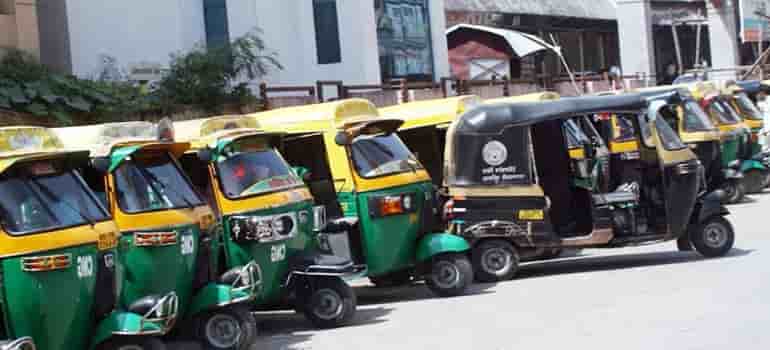Short-term extension raises uncertainty for EV sector; experts warn phasing out fuel vehicles without recycling and support policies could lead to waste crisis and financial strain on drivers
The Delhi government’s decision to extend its Electric Vehicle (EV) policy by three months signals a cautious yet necessary continuation of its clean mobility agenda. However, this short-term extension raises critical questions about the long-term vision for the EV ecosystem in the capital.
Transport Minister Pankaj Singh has clarified that no bans are currently planned for auto-rickshaws or any other vehicle categories, possibly in response to growing unrest among stakeholders over reports suggesting a phasing out of fossil-fuel-powered vehicles.
Implications for the EV Sector
The policy extension, while welcome, does little to provide the stability or long-term clarity that the EV industry—comprising manufacturers, consumers, and infrastructure providers—urgently needs. A short window of three to four months hampers investor confidence and leaves EV transition plans in limbo. A comprehensive and forward-looking EV policy must include:
- Long-term subsidy guarantees
- Charging infrastructure expansion
- Battery recycling protocols
- Retrofit and scrappage frameworks
Without these, Delhi risks slowing down its clean transportation transition while eroding the confidence of stakeholders already invested in the EV movement.
Concerns Over Phasing Out Petrol and Diesel Two-Wheelers
Reports from various news outlets suggest that Delhi may soon phase out petrol and diesel two-wheelers to cut emissions. While the intent aligns with sustainability goals, the lack of a parallel recycling policy could result in massive waste accumulation. Two-wheelers account for a significant portion of urban mobility, and their unstructured disposal could worsen environmental degradation rather than mitigate it. A structured Vehicle End-of-Life Policy, coupled with certified recyclers and incentives for scrappage, is essential to make such a transition sustainable.
Burden on CNG Auto Drivers
While the government has assured there is no immediate ban on CNG autos, earlier media narratives about their possible removal have already sown uncertainty. Removing CNG vehicles—many of which were introduced as a cleaner alternative to petrol/diesel in the early 2000s—without offering a clear migration plan to electric alternatives could put lakhs of drivers under financial strain. These are often informal-sector workers with limited access to credit for EV purchases.
Thoughts
A just and equitable clean mobility transition requires more than subsidies—it demands a holistic ecosystem that includes:
- Financial support and incentives for low-income drivers to shift to EVs
- Clear timelines and consistent policy signals
- Vehicle scrappage and recycling infrastructure
- Inclusion of all stakeholders in the policymaking process
Delhi’s EV push must not become a story of fragmented ambitions and social inequities. A policy designed for both environmental sustainability and economic justice is not only feasible—it’s essential.


